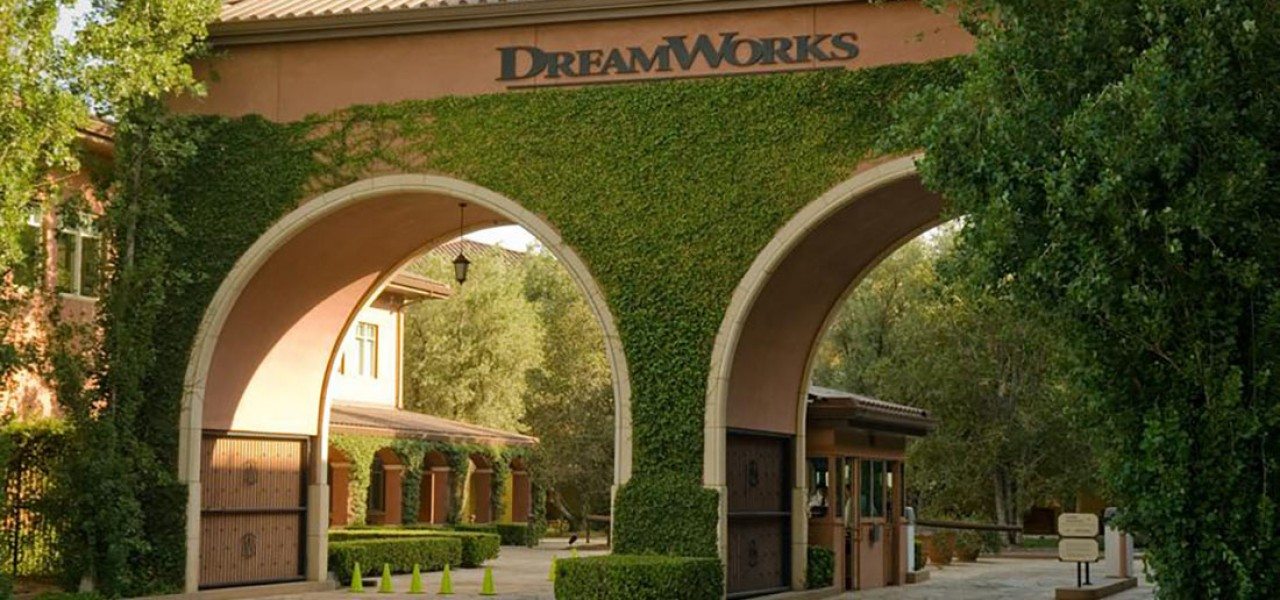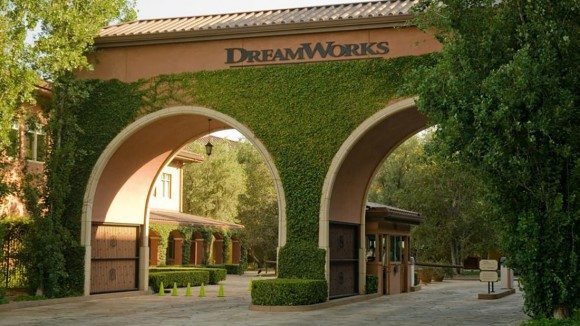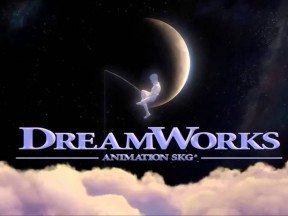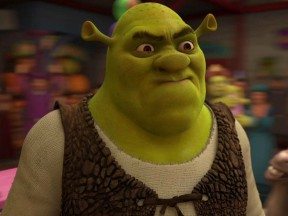

My First Thoughts and Questions About This Comcast-Dreamworks Deal
We don’t know a whole lot about Comcast’s purchase of Dreamworks Animation, but one thing that’s almost a certainty is that it will lead to one of the American animation industry’s biggest shakeups in at least a decade.
Here are some of my first thoughts and questions regarding the acquisition:
What’s going to happen to Dreamworks feature animation division?
This is the big question for many people, especially for the hundreds of employees who work at the feature animation studio in Glendale. So, let’s just be blunt, if you’re working there right now, you’re not going to be sleeping easy for a while.
The studio is being handed over to Chris Meledandri, who runs Illumination Entertainment. Meledandri’s entire mission has been to re-invent feature animation pipelines and shift them away from the bloated infrastructure of Hollywood. Guess who pushed Fox to acquire East Coast outfit Blue Sky Studios in the late-1990s. Yup, that was Meledandri. And when Meledandri started up Illumination, he teamed up with French animation shop Mac Guff, which is now owned by NBCUniversal.
In other words, knowing Meledandri’s history, it would be a complete betrayal of his principles to keep Dreamworks Animation running in its current state. Meledandri runs lean and mean; he doesn’t believe in the standard big-studio approach where you spend $40 million on an animated feature before you even start production. (This is not to say that Meledandri is perfect. I know, because I wrote The Art of Fox/Blue Sky’s Robots, and that film — despite some lovely artwork — was a mess, both on- and off-screen. They couldn’t figure out the story, and by some accounts, nearly twice as much footage was animated than what ended up in the film, which burned out a lot of animators. Meledandri also lost $100 million of Fox’s money making Titan A.E. so he understands better than most how not to make animated features.)
But this still doesn’t answer the key question about Dreamworks’ future. Because, while I don’t see the L.A. studio continuing in its current form, it’s also inconceivable to me that Dreamworks would completely stop producing animated features. Dreamworks has amassed an amazing team of artists and technical people, not to mention a tried-and-true workflow. It would be insane to dismantle that entire operation after everything that Jeffrey Katzenberg has built. In any case, Katzenberg has removed himself from the picture, thereby keeping his hands clean for what is to follow. That’s perhaps the surest sign that there are big changes ahead.
What is 20th Century Fox going to do?
Dreamworks’ distribution deal with Twentieth Century Fox ends in 2017. So, where does this leave Fox? They own Blue Sky Studios, but Blue Sky puts out an average of one film per year, which is hardly enough content for a major distributor in this current era.
Regardless of what happens to Dreamworks as a feature animation producer, let’s not forget that animation is in a boom period and studios want as much animation as they can get their hands on. So, Fox is now faced with a shortage of animation content. This opens up an opportunity for other players to provide content to Fox, especially for newer players like Reel FX, whose film The Book of Life, was actually released by Fox in 2014.
What will become of the mega-deal between Dreamworks and Netflix?
As recently as last January, Dreamworks and Netflix announced an expansion of their multi-year deal. Obviously, this acquisition won’t have an impact on Dreamworks’ immediately forthcoming Netflix series like Voltron and Guillermo del Toro’s Trollhunters, but you’ve got to believe that there will be some kind of long-term impact because Comcast and Netflix are competitors, not friends.
One NBCUniversal exec, Alan Wurtzel, recently told the media that he wasn’t concerned with people who binge-watch on Netflix because eventually people go back to “watching TV the way that God intended.” He also said that, “I don’t believe there’s enough stuff on Netflix that is broad enough and consistent enough to affect us in a meaningful way on a consistent basis.” Let’s just say that that the Dreamworks-Netflix partnership is not long for this world.
Why did NBCUniversal even want Dreamworks in the first place?
Steve Burke, CEO of Comcast’s NBCUniversal, has been clear on what this deal is all about. In a statement today, Burke said he intends for Dreamworks to help “grow our film, television, theme parks and consumer products businesses for years to come.” In other words, NBCUni views Dreamworks as Disney saw Pixar, Lucasfilm, and Marvel: a source of dependable and proven properties which it can monetize across its many different divisions.
With the Dreamworks purchase, NBCUni not only gets access to Shrek, Madagascar, How to Train Your Dragon, and Kung Fu Panda, but also everything in the Dreamworks Classics portfolio, which includes Casper, Lassie, Little Golden Books, Pat the Bunny, Olivia, Peter Cottontail, Postman Pat, Veggietales, The Lone Ranger, Volton, Where’s Waldo, Baby Huey, Richie Rich, Little Lulu, George of the Jungle, Crusader Rabbit, Rocky & Bullwinkle, Dick Tracy, Brenda Starr, Gasoline Alley, Broom-Hilda, Gumby, Felix the Cat, Underdog, Gerald McBoingBoing, and Roger Ramjet, to name just a few.
This is a massive boon for NBCUniversal, which previously owned just a handful of properties, like Woody Woodpecker and The Land Before Time. NBCUni has also made extensive use of Curious George in both TV animation and at its theme parks, but that character is licensed from Houghton Mifflin Harcourt Publishing Co.
If NBCUNi dreams of following in Disney’s footsteps, they’ve got a long way to go. The company hasn’t shown an ability to think holistically like Disney about entertainment properties, nor has it shown a firm understanding of how to spread successful properties across its entire entertainment holdings. Should they have the vision to begin doing so, the Dreamworks purchase will be a great asset.
Last fall, NBCUni announced the launch of a new kids division, but now with the Dreamworks purchase, they get Dreamworks TV, which gives them a fully built-up kids division run by experienced children’s entertainment veterans. Also, Comcast took full control of the preschool channel Sprout in 2013. Not only could this channel benefit from the Dreamworks deal, but Comcast now has enough IP to potentially start up an entirely new kids channel to compete with Cartoon Network, Disney Channel, and Nick.
And there’s other possibilities, too. For example, imagine Dreamworks TV producing a Minions preschool series for Sprout. Depending on how far Comcast pushes, that option is now in the realm of possibility.




